Photo by Branimir Balogović from Pexels
Write something profound, I tell myself. We’re experiencing history, a pandemic like we’ve not experienced in my lifetime and already wondering if it’s a new normal. I’m feeling more anxious than profound.
The tabebuia trees have shed their bright blooms. Lawns are looking brown as we await spring rains. Pollen covers my driveway. It’s all rather gloomy, but spring is officially here. Days are warm and breezy, but we’re staying inside most of the time. We should take more walks and enjoy the sunshine.
I’ve been through this – but not like this. Working in the health care field for 31 years, I saw a lot of fascinating trends, emergency situations, and random weirdness. This year is COVID-19, and I’ve never seen anything quite like it. Schools closing, coffee shops offering take out only, businesses setting up remote access for employees. An indefinite timeframe that creates a certain surrealism. I’ve seen that word a lot recently.
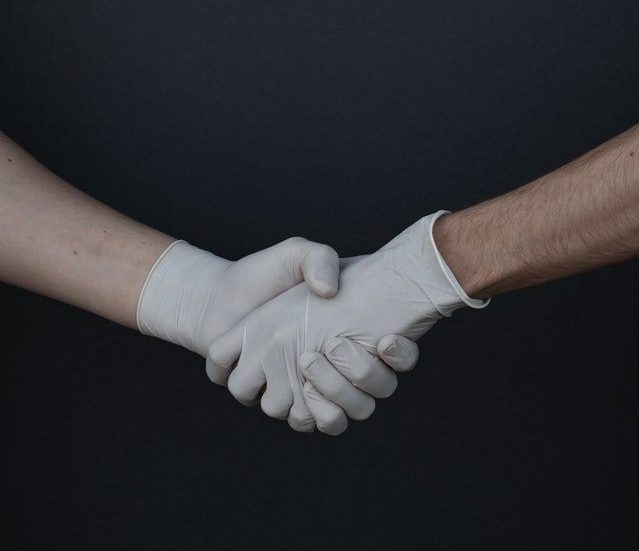
In the 1980’s, we had the AIDS crisis, with a great deal of fear and panic. So much was unknown that medical facilities took extreme precautions, and fear created rumors and a lot of bad information. We had a president who ignored what was happening, unlike today’s president who actively spreads lies. The anthrax scares after 9/11 spawned a lot of crazy rumors, like the call alleging terrorists were planting anthrax in the hospital ventilation system. (Not true.) People checked their mail and packages more closely. For Y2K, we prepared for all systems to fail and the earth to stop revolving. (It didn’t.) SARS and H1N1 barely registered compared to this.
Every time, there is a return to community. Haters are gonna hate and trolls are gonna troll, but most people are pretty decent humans. In the 80’s, a quilt became a memorial, a symbol, and a movement. In other times of epidemics, medical providers implemented well-crafted emergency and communications plans. I.T. teams established back-up systems to save us from what was an uneventful Y2k. Hospitals, doctors’ offices, and responders worked together to ensure safety.
What’s happening today seems dystopian. Scientific information was withheld, and misinformation was disseminated. We were behind by the time our government started taking action. The economic impact will be devastating for many and in ways we haven’t even realized yet. Colleges have sent students home from classes, dorms, and dining halls. Gyms and libraries are closing for 2-4 weeks, likely longer. Events and meetings are disappearing from calendars. Department stores and bars are closing. People are being laid-off. Other cities are suspending garbage collection. People are lining up to buy toilet paper. The grocery store where my daughter shops now has an armed guard. Is this who we have become? It changes every day, sometimes by the hour. This morning’s news: medical and dental offices can see only patients with urgent needs.
But there is community, even in our isolation.
Many of us are united in taking precautions to limit the spread of illness. We are staying home and socially distancing, but technology and social media are keeping us informed and in touch (despite a deranged president). Thank you, iPhone! Video technology and online resources will keep college students “in class.” Celebrities are reading books on video, bands are hosting online concerts, and news paywalls are dropping.
And I am grateful for what I see in my community.
Parents are forming groups to share homeschooling ideas and schedules. Children are drawing pictures and writing letters to nursing home residents who can’t have visitors. People are learning to sew face masks suitable for doctors and nurses. A local bakery is contributing lunches for kids. City leaders arranged curbside parking so we can easily buy take-out from local restaurants. My favorite coffee shop sent me a note through Facebook. Friends are sharing supplies.
I am grateful for Brene Brown’s new podcast Unlocking Us and the timely release of Glennon Doyle’s book Untamed. I am thankful for phone calls and texts in place of coffee dates and for baristas who hand iced lattes out of a window and ask how I’m doing.
They say adversity brings people together, and it seems to be so. I may be feeling a little cranky and stir-crazy, but I know others are missing weddings, funerals, and long-planned trips. I am lucky. I know this is temporary. It will pass.
I hope we learn from it. Remember to be kinder to each other and to ourselves. Remember the heroes are those on the front lines: nurses, lab techs, grocery cashiers, restaurant workers, baristas. Remember this sense of caring for our community. May we remember to extend grace.
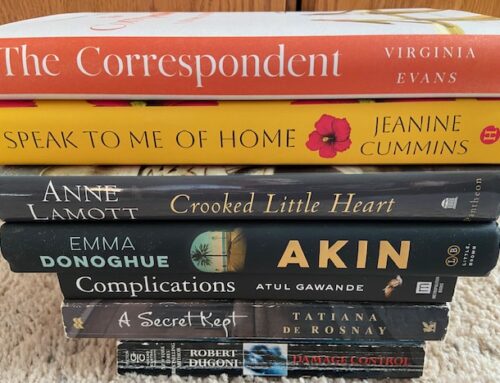
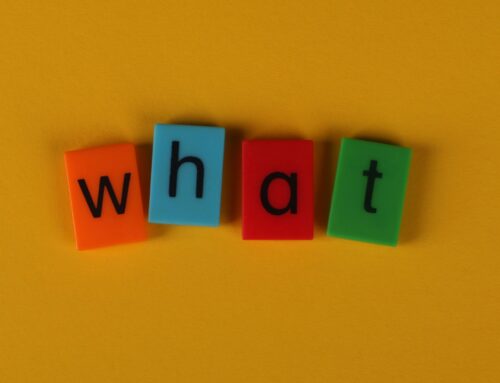
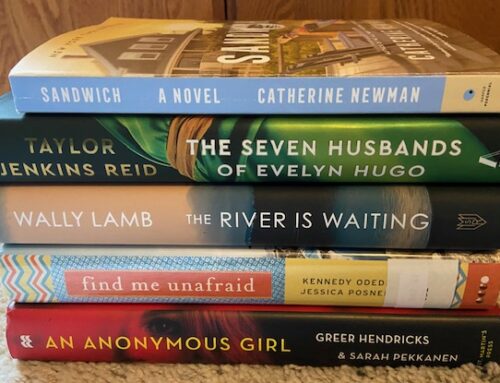
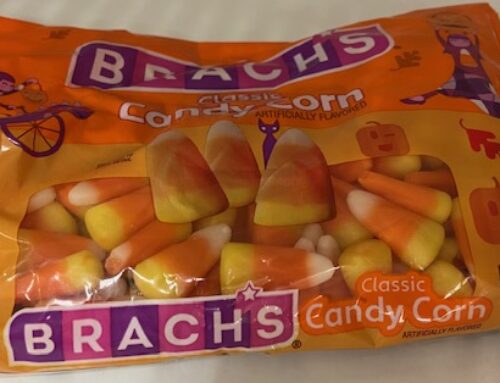
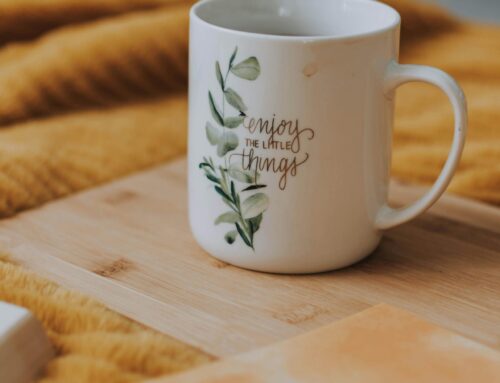
Leave A Comment
You must be logged in to post a comment.